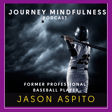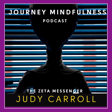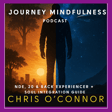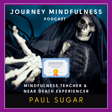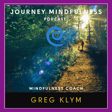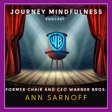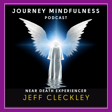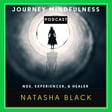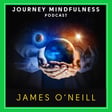
Dr. Kimberly Walker on Burnout, Belief Shifts & Healing the Root Cause with Hypnotherapy
On this episode of the Journey Mindfulness Podcast, James sits down with the incomparable Dr. Kimberly Walker, a passionate transformational coach and seasoned psychiatrist who uses Rapid Transformational Therapy (RTT) to help high-achieving women of color & entrepreneurs overcome hidden barriers and limiting beliefs. In her private coaching & consulting practice she helps empower clients to reclaim their voice, confidence, and purpose, allowing them to thrive authentically.
In the episode we discuss how our original programming as younger children, simple everyday moments, and environmental influences such as systemic racism can seep into the mind subconsciously to create self-limiting beliefs. Dr. Walker discusses how she uses Rapid Transformation Therapy to help her clients transcend these beliefs and integrate the parts that need healing so they can get UNSTUCK and allow more joy, success, and flow in their lives.
To learn more about Dr. Kimberly Walker's Coaching & Consulting Practice:
https://www.drkimberlywalker.com/
Socials:
Facebook: https://www.facebook.com/kimberly.walker.566148
LinkedIn: https://www.linkedin.com/in/kimberly-c-walker-m-d-9ab0aa9/
***
To learn more about James and Journey Mindfulness:
https://journeymindfulness.com/
***
Free Warrior Spirit Guided Meditation:
https://www.journeymindfulness.com/warrior_spirit_meditation
***
Mindfulness Based Stress Reduction 8 Week Online Course
(Self-Guided):
https://www.journeymindfulness.com/MBSR
***
Guided Self-Hypnosis to Conquer Fear & Doubt (digital download)
https://www.journeymindfulness.com/hypnosis
***
Socials:
YouTube: https://www.youtube.com/@Journey_Mindfulness
Instagram: https://www.instagram.com/mindfulbmore/
Twitter (X): https://x.com/MindfulBmore
Facebook: https://www.facebook.com/MindfulBmore/
Have an interesting story? Contact me and you can be a guest on the show.
DISCLAIMER: This show is for entertainment purposes only, not intended to replace medical advice. Please seek licensed medical professionals for help.

